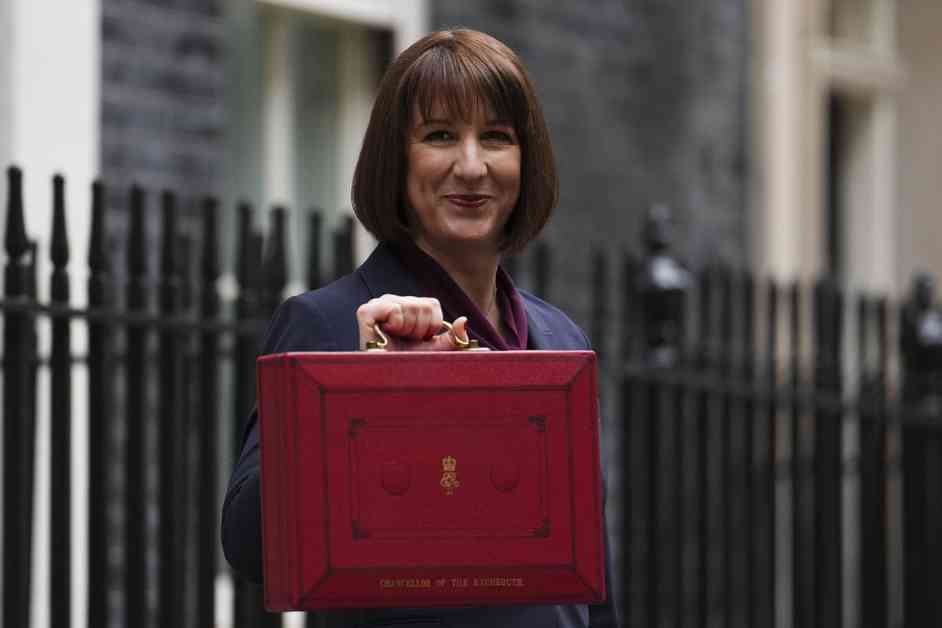Unite, the UK’s largest trade union, has taken legal action against the Labour Party’s decision to cut winter fuel payments for millions of pensioners. This move, which is expected to affect around 10 million pensioners, has raised concerns about the well-being of elderly people during the winter months.
The government’s decision to means test the winter fuel payments, cutting off up to £300 for most pensioners except those receiving pension credit or other means-tested benefits, has been met with criticism and accusations of unlawfulness. Unite has sent a pre-action protocol letter to the Department for Work and Pensions (DWP), urging them to reverse the policy change.
General Secretary Sharon Graham expressed disbelief at how a Labour government could take away vital support from pensioners as winter approaches. Unite has initiated judicial review proceedings challenging the legality of the policy, arguing that the government failed to properly assess the impact on low-income pensioners and disabled individuals.
The legal challenge has sparked a heated debate, with critics calling the decision cruel and unnecessary. The Conservative Party and left-wing Labour MPs have joined forces in condemning the cut to winter fuel payments. Despite the government’s efforts to support pensioners through other means such as state pension increases and the warm home discount, the backlash against this policy change continues to grow.
In response to the legal challenge, the government emphasized its commitment to pensioners’ well-being, highlighting measures such as the Triple Lock on state pensions and increased pension credit claims. However, the controversy surrounding the winter fuel payments cut remains unresolved, with both sides of the political spectrum at odds over the decision.
As the legal battle unfolds, the fate of millions of pensioners hangs in the balance. The outcome of this challenge will not only determine the future of winter fuel payments but also shed light on the government’s obligations to vulnerable members of society. The impact of this policy change extends beyond financial considerations, raising questions about social responsibility and the protection of elderly citizens during challenging times.












